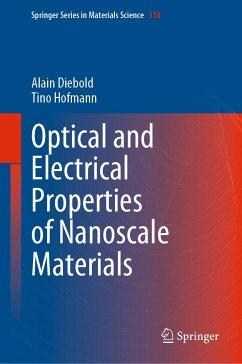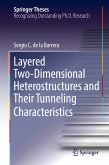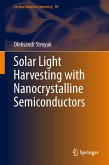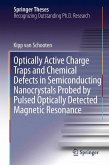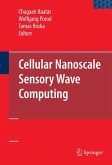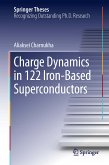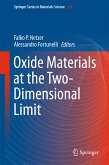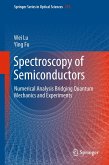This book covers the optical and electrical properties of nanoscale materials with an emphasis on how new and unique material properties result from the special nature of their electronic band structure. Beginning with a review of the optical and solid state physics needed for understanding optical and electrical properties, the book then introduces the electronic band structure of solids and discusses the effect of spin orbit coupling on the valence band, which is critical for understanding the optical properties of most nanoscale materials. Excitonic effects and excitons are also presented along with their effect on optical absorption.
2D materials, such as graphene and transition metal dichalcogenides, are host to unique electrical properties resulting from the electronic band structure. This book devotes significant attention to the optical and electrical properties of 2D and topological materials with an emphasis on optical measurements, electrical characterization of carrier transport, and a discussion of the electronic band structures using a tight binding approach. This book succinctly compiles useful fundamental and practical information from one of the fastest growing research topics in materials science and is thus an essential compendium for both students and researchers in this rapidly moving field.
Dieser Download kann aus rechtlichen Gründen nur mit Rechnungsadresse in A, B, BG, CY, CZ, D, DK, EW, E, FIN, F, GR, HR, H, IRL, I, LT, L, LR, M, NL, PL, P, R, S, SLO, SK ausgeliefert werden.
Es gelten unsere Allgemeinen Geschäftsbedingungen: www.buecher.de/agb
Impressum
www.buecher.de ist ein Internetauftritt der buecher.de internetstores GmbH
Geschäftsführung: Monica Sawhney | Roland Kölbl | Günter Hilger
Sitz der Gesellschaft: Batheyer Straße 115 - 117, 58099 Hagen
Postanschrift: Bürgermeister-Wegele-Str. 12, 86167 Augsburg
Amtsgericht Hagen HRB 13257
Steuernummer: 321/5800/1497
USt-IdNr: DE450055826
Bitte wählen Sie Ihr Anliegen aus.
Rechnungen
Retourenschein anfordern
Bestellstatus
Storno

